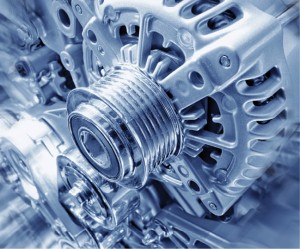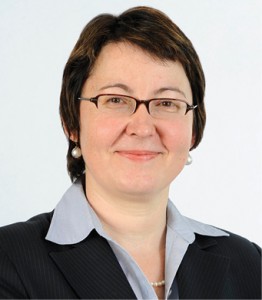The German company Trumpf has acquired a 72% stake of leading Chinese machine tool maker Jiangsu Jinfangyuan (JFY) to strengthen its position in a fast growing market full of opportunities for foreign investors, said a lead lawyer involved.
 “The Chinese machinery market has grown very fast in the past 10 years, with annual double-digit growth rates,” Ulrike Glueck, the managing partner of CMS, China’s Shanghai office, told China Business Law Journal.
“The Chinese machinery market has grown very fast in the past 10 years, with annual double-digit growth rates,” Ulrike Glueck, the managing partner of CMS, China’s Shanghai office, told China Business Law Journal.
Glueck led the firm’s team advising Trumpf on all aspects of the transaction from the start. Trumpf sales in China reached about €180 million (US$243 million) in the past financial year. JFY generated sales of around€67 million in the past year.
Glueck said that China marked the high-end equipment manufacturing industry as a “strategic emerging industry” in its 12th Five Year Plan, with the aim of speeding up innovation and development in this sector.

“While the domestic demand for high-end machinery equipment is growing, many domestic companies still have problems in designing and manufacturing advanced machine tools,” she said. “This opens opportunities for foreign investors.”
The need of many emerging markets for cheap machinery equipment of good quality also helps China gain foreign investment. “In order not to negatively influence their high-end brand, foreign investors may be interested in serving these markets through a second, more low-cost brand with products manufactured in China,” Glueck said. She has seen companies from various foreign countries active in China’s machinery market – supplying machinery tools to China, sourcing machinery tools and components from China, and also producing locally in the country.
“Traditionally strong in this sector are German, Japanese and US companies, however also companies from other European countries, such as Italy,” she said. “On the other hand, in the past years domestic Chinese machine tool manufacturers also have grown very fast and expanded globally.
“Examples are acquisitions by Chinese machinery equipment manufacturers of companies in Germany, France and other European countries.”






















